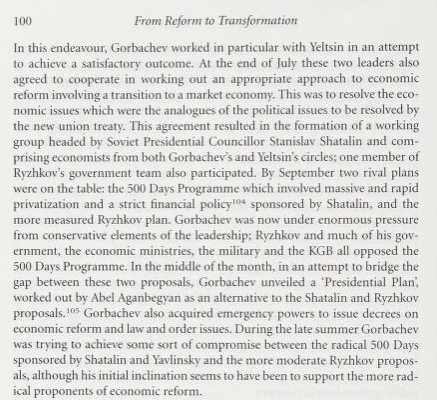- Pronouns
- He/Him
@Yokai Man @Meppo and even @neonduke
I found a fascinating if weird POD for the 1990s.
On Revolution Day 1990, Mikhail Gorbachev was nearly assassinated by a democracy activist called Alexander Shmonov. The plan was that Shmonov was to shoot Gorbachev with a hunting rifle, and he nearly managed to do it but a security guard jerked the rifle up at the last minute second and the shots went wild.
Now if the Security person hadn’t been as quick, Gorbachev could have been seriously injured or killed and that leads to an interesting possibility of Nikolai Ryzhkov becoming Premier who was certainly a more Conservative figure within the CPSU so the 1991 August Coup is less likely to happen.
This doesn’t obviously stop the likely eventual collapse of the USSR, which was on the brink, with lack of basic supplies and gangsters. Though having the Soviet Union limp on till the Mid 90s I could see having interesting effects on world affairs (Yugoslavia comes to mind).
I found a fascinating if weird POD for the 1990s.
On Revolution Day 1990, Mikhail Gorbachev was nearly assassinated by a democracy activist called Alexander Shmonov. The plan was that Shmonov was to shoot Gorbachev with a hunting rifle, and he nearly managed to do it but a security guard jerked the rifle up at the last minute second and the shots went wild.
Now if the Security person hadn’t been as quick, Gorbachev could have been seriously injured or killed and that leads to an interesting possibility of Nikolai Ryzhkov becoming Premier who was certainly a more Conservative figure within the CPSU so the 1991 August Coup is less likely to happen.
This doesn’t obviously stop the likely eventual collapse of the USSR, which was on the brink, with lack of basic supplies and gangsters. Though having the Soviet Union limp on till the Mid 90s I could see having interesting effects on world affairs (Yugoslavia comes to mind).


